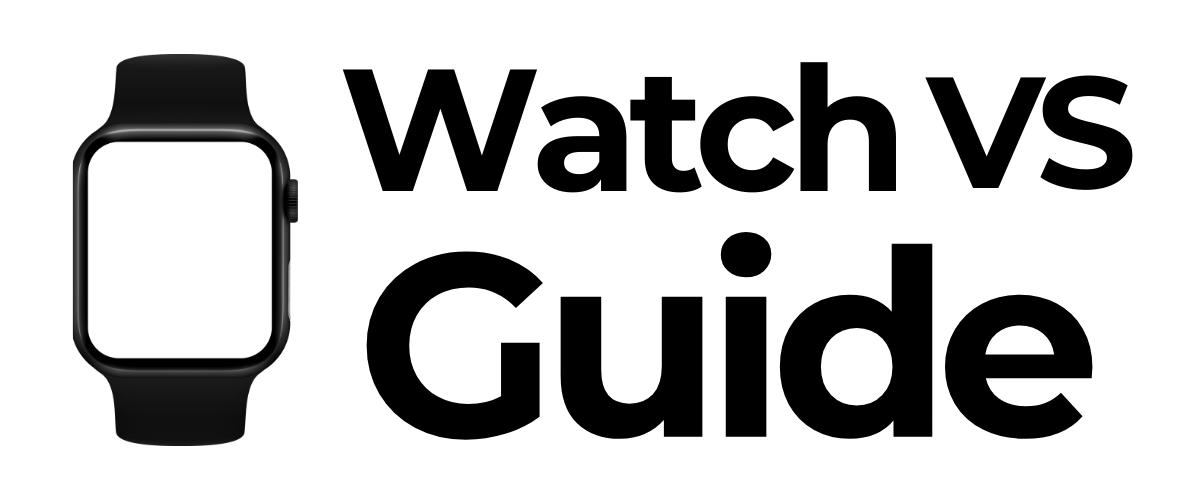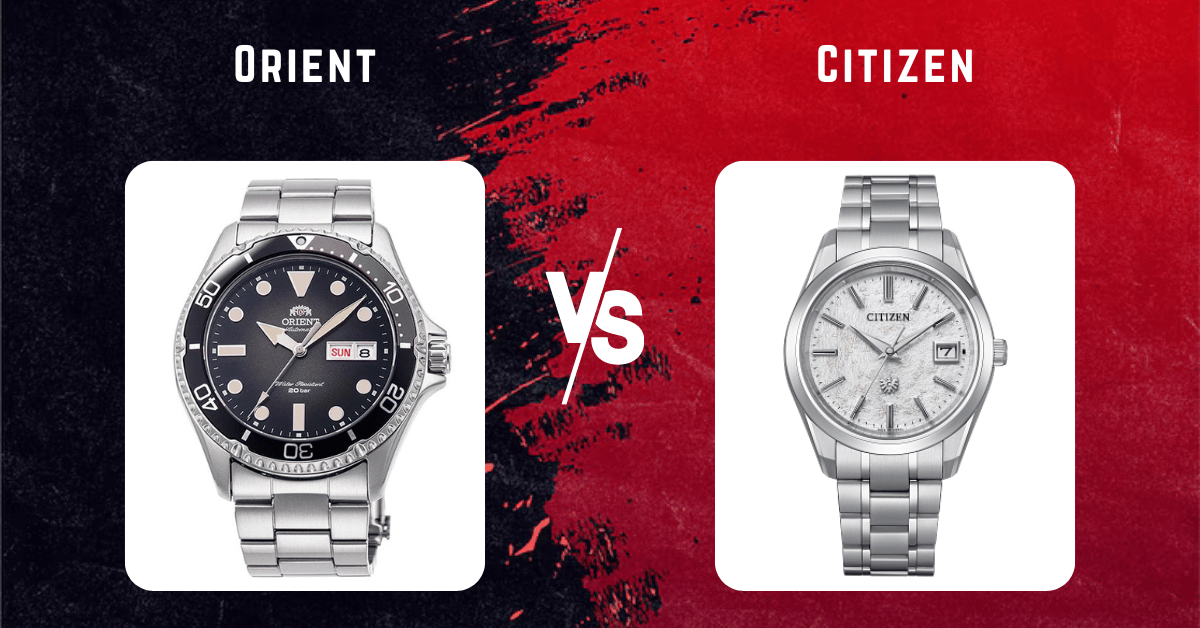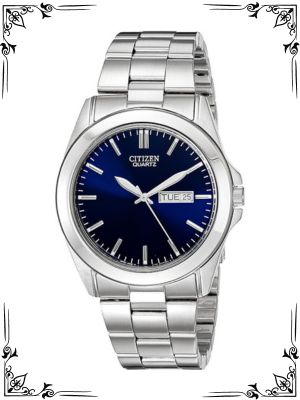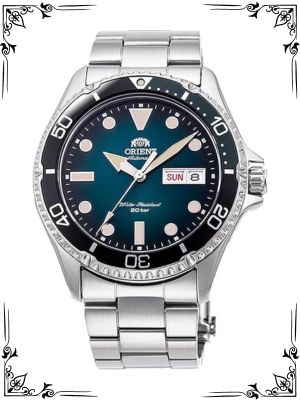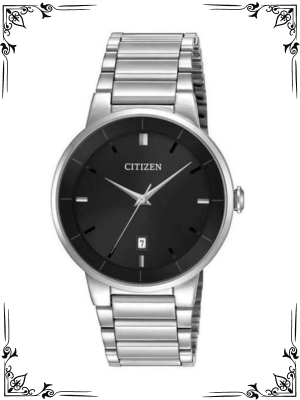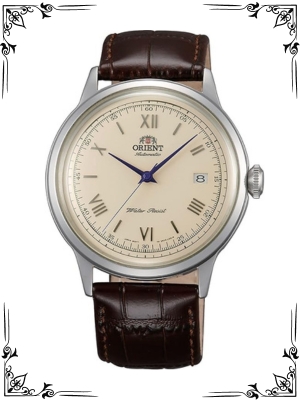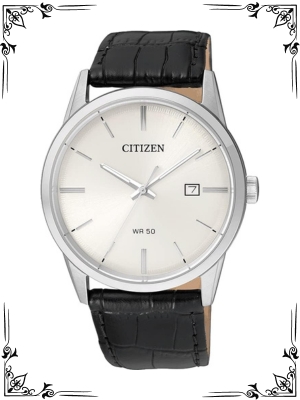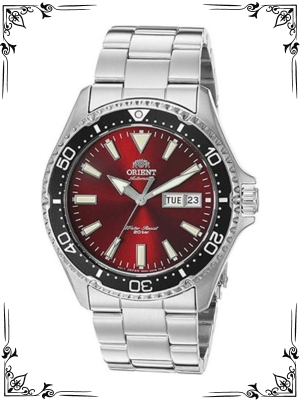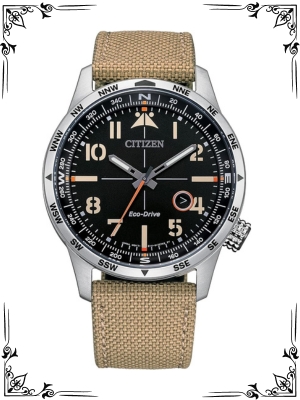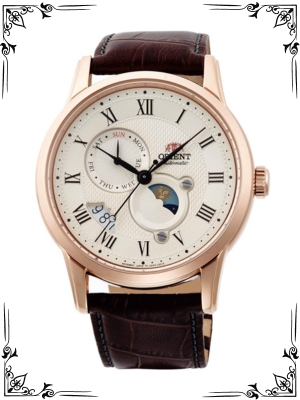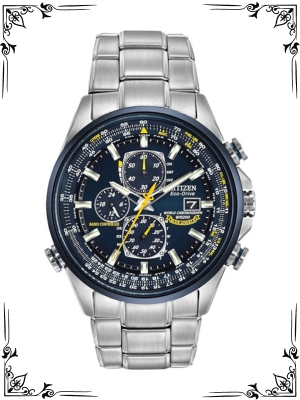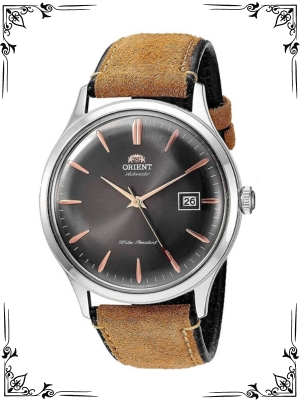Citizen and Orient are two Japanese watchmakers known for exceptional value and a dedication to quality timekeeping. Both brands cater to a wide range of budgets and styles, making them popular choices for watch enthusiasts and everyday users alike.
But with so many options to consider, choosing between Orient and Citizen can be a challenge. This comprehensive guide will delve into the key aspects of each brand, helping you make an informed decision.
Brand History and Philosophy
Orient: Founded in 1901, Orient boasts a rich history of watchmaking innovation. Initially known for their pocket watches, Orient transitioned to wristwatches in the 1950s and became a pioneer in affordable automatic movements. The brand emphasizes classic designs and the satisfaction of owning a mechanical timepiece.
Citizen: Established in 1918, Citizen has a strong focus on technological advancement. They are widely recognized for their Eco-Drive technology, which harnesses light to power quartz movements, eliminating the need for battery replacements. Citizen offers a diverse range of styles, from sporty to sophisticated.
Movements: Quartz vs. Automatic
The movement is the heart of a watch, powering its timekeeping function. Both Orient and Citizen offer a variety of movement types, with distinct advantages and considerations.
Quartz Movements: Citizen is renowned for its high-precision quartz movements. These movements are battery-powered, and known for their accuracy and low maintenance requirements. They are a good choice for those who prioritize convenience and precise timekeeping.
Automatic Movements: Orient is a champion of automatic movements. These self-winding mechanisms rely on the wearer’s natural movements to power the watch. Automatics offer a sense of craftsmanship and connection to the wearer’s activity. However, they require more maintenance and tend to be less accurate than quartz movements.
Movement Comparison
| Feature | Quartz | Automatic |
|---|---|---|
| Power Source | Battery | Wearer’s Movement |
| Accuracy | High | Moderate |
| Maintenance | Low (battery changes) | Higher (regular servicing) |
Choosing Between Movements:
- Do you prioritize accuracy and convenience? Quartz might be the better choice.
- Do you appreciate the craftsmanship and history of mechanical timekeeping? Opt for an automatic.
- How active is your lifestyle? Automatics may not wind sufficiently with minimal arm movement.
Design and Style
Citizen and Orient cater to a wide range of aesthetics. Here’s a breakdown of their design strengths:
Orient: Orient leans towards classic and timeless designs, with a focus on dress watches and elegant divers. Their “Bambino” series, with its domed sapphire crystal and sleek cases, exemplifies this approach.
Citizen: Citizen offers a broader stylistic spectrum. Their “Promaster” line boasts robust divers, while the “Eco-Drive” collection provides a versatile mix of dressy and sporty options. Citizen also embraces contemporary trends, incorporating bold colors and unique materials.
Here are some questions to consider when choosing a style:
- What kind of watch will complement your wardrobe? Dressy, sporty, or a blend of both?
- Do you prefer a traditional or modern aesthetic?
- What features are important to you? Date function, luminous hands, rotating bezel?
Price and Value
Both Orient and Citizen are known for their exceptional value proposition. Here’s a general comparison:
Orient: Orient excels in offering automatic movements at very affordable prices, often significantly lower than comparable brands.
Citizen: Citizen provides a wider range of price points. Their Eco-Drive technology watches fall within a mid-range price bracket, offering solar-powered functionality and good value. However, their top-tier lines can be more expensive.
Table 2: Price Comparison
| Brand | Price Range (USD) |
|---|---|
| Orient | $100 – $500 |
| Citizen | $150 – $1,000+ |
Value is subjective. Consider these factors:
- Are you looking for the best bang for your buck in an automatic watch? Orient might be the winner.
- Do you prioritize solar-powered functionality and a wider style selection? Citizen might be a better fit.
Build Quality and Materials
Both Citizen and Orient prioritize quality in their construction. Here’s a closer look:
Orient: Orient utilizes stainless steel for most cases and bracelets. They often employ sapphire crystals for scratch resistance, though some models use mineral crystals.
Citizen: Citizen also primarily uses stainless steel for cases and bracelets. Their Eco-Drive technology necessitates a special crystal that allows light to reach the solar cell beneath. These crystals may be slightly less scratch-resistant
Brand Reputation and Customer Service
Citizen and Orient have established strong reputations within the watch community. However, there are some nuances to consider:
Orient: Orient enjoys a loyal following among enthusiasts who appreciate their commitment to in-house automatic movements and classic designs. Their customer service is generally considered good, but due to their focus on the Asian market, international support may be slightly limited.
Citizen: Citizen boasts a wider global presence, leading to potentially more readily available customer service. Their reputation for reliable quartz movements and innovative Eco-Drive technology is well-deserved. However, their extensive range of styles might dilute their brand identity for some enthusiasts who prefer a more focused approach.
Here’s a question to ponder:
Do you value a brand with a passionate enthusiast following or a global leader in watch technology?
Special Features and Innovation
Both Orient and Citizen incorporate unique features into their watches:
Orient: Orient offers some interesting complications in their higher-end automatics, such as power reserve indicators and moon phase displays. They’ve also experimented with interesting case materials like titanium.
Citizen: Citizen’s Eco-Drive technology is a true innovation, harnessing light for a virtually maintenance-free quartz movement. Additionally, Citizen incorporates features like radio-controlled timekeeping for ultimate accuracy in select models
Consider these questions when evaluating features:
- Are there any specific complications you find essential?
- Do you prioritize features like radio-controlled timekeeping or solar power?
Popular Models and Series
Orient
Orient Bambino: This series is a fan favorite, known for its classic dress watch design with a domed mineral crystal and elegant Roman numerals. The Bambino comes in various dial colors, case sizes, and automatic or hand-winding movements, making it a versatile choice for any occasion.
Orient Mako: This series caters to dive watch enthusiasts. The Mako boasts a sporty aesthetic, water resistance up to 200 meters, a unidirectional rotating bezel, and luminous hands for underwater visibility. It’s a reliable and stylish option for those seeking a capable dive watch.
Orient Kamasu: Another popular dive watch option, the Kamasu offers automatic movement, water resistance up to 200 meters, and a modern design with a slightly larger case size compared to the Mako. It’s a compelling choice for those who prefer a contemporary take on a classic dive watch.
Citizen
Citizen Eco-Drive: This isn’t a single model, but rather Citizen’s signature technology. Eco-Drive watches harness light from any light source (natural or artificial) to power the watch, eliminating the need for battery replacements. Citizen offers a wide range of Eco-Drive watches encompassing various styles, from dressy to sporty.
Citizen Promaster: This series caters to athletes and adventurers. Promaster watches boast advanced features like water resistance for extreme depths, chronograph functionality, and compass complications. They are reliable timepieces built to withstand challenging environments.
Citizen Nighthawk: A pilot’s watch known for its functionality, the Nighthawk features a slide rule bezel for calculations, a chronograph, and a 24-hour GMT hand. It’s a popular choice for pilots and those who appreciate a feature-rich timepiece.
Choosing Between Orient and Citizen: The Final Verdict
Ultimately, the choice between Orient and Citizen depends on your individual preferences. Here’s a summary to guide you:
Choose Orient if:
- You prioritize automatic movements and a classic aesthetic.
- You seek exceptional value for an automatic watch.
- You appreciate the craftsmanship and heritage of a mechanical timepiece.
Choose Citizen if:
- You value the convenience and accuracy of quartz movements.
- You’re interested in solar-powered Eco-Drive technology.
- You prefer a wider range of styles, from sporty to sophisticated.
- You prioritize features like radio-controlled timekeeping.
Remember: There’s no single “better” brand. Both Orient and Citizen offer exceptional timepieces. Consider your needs, budget, and style preferences to make an informed decision. Happy watch hunting!
FAQs
Which brand is more accurate?
Citizen’s quartz movements generally offer higher accuracy than Orient’s automatic movements. However, for most everyday needs, both brands provide sufficient timekeeping.
Which brand is more durable?
Both Orient and Citizen prioritize quality materials like stainless steel. However, Orient often uses sapphire crystals, known for superior scratch resistance, while Citizen’s Eco-Drive crystals may be slightly less scratch-resistant due to their light-permeable nature.
Which brand offers better customer service?
Citizen, with its wider global presence, might offer more readily available customer service. However, Orient enjoys a loyal enthusiast following and generally provides good support.
Are Orient watches good for everyday wear?
Absolutely! Orient’s automatics offer a classic and timeless aesthetic perfectly suitable for everyday wear. Just keep in mind they require more maintenance than quartz models.
Are Citizen Eco-Drive watches worth it?
If you prioritize a virtually maintenance-free watch with a solar-powered movement, Citizen Eco-Drive is a great option. However, if you prefer the mechanical feel of an automatic, Orient might be a better fit.
